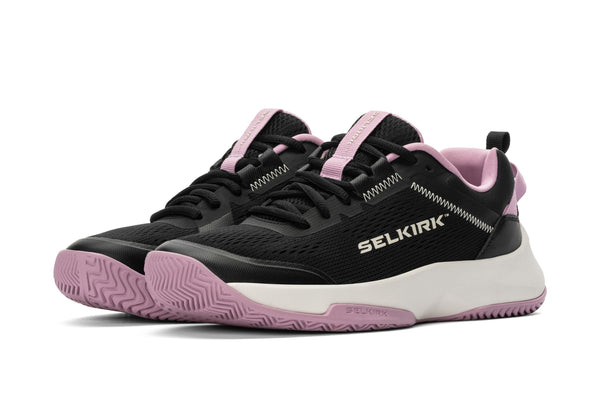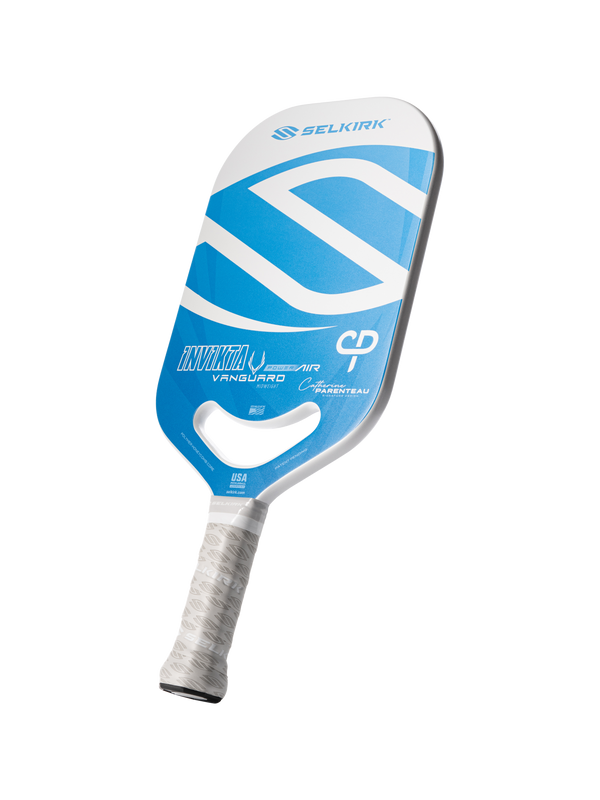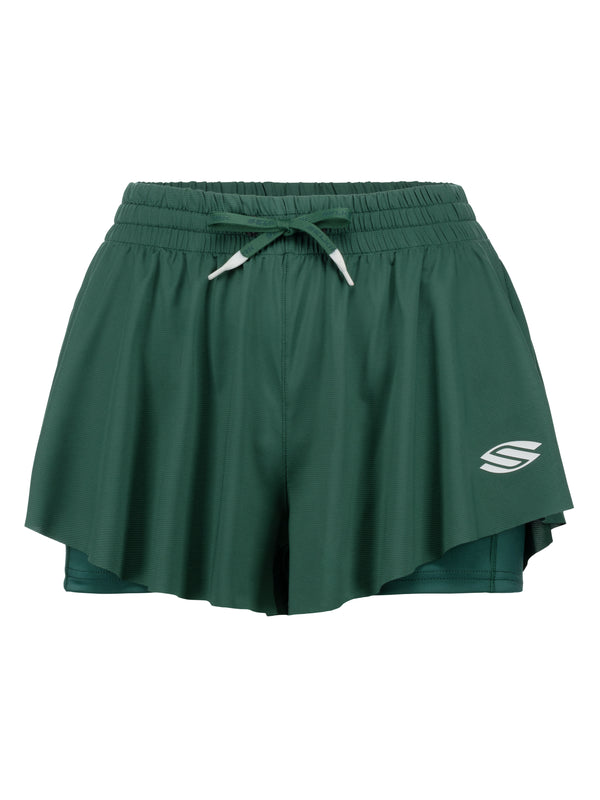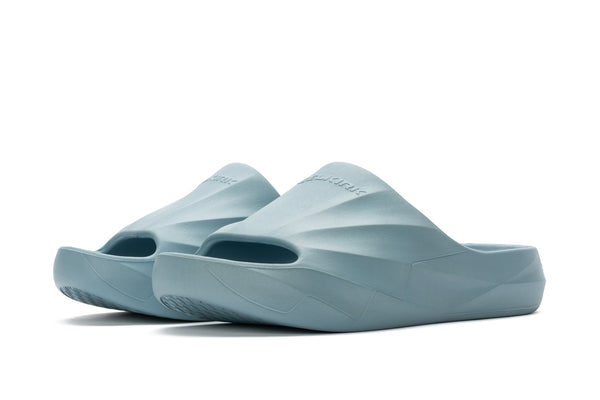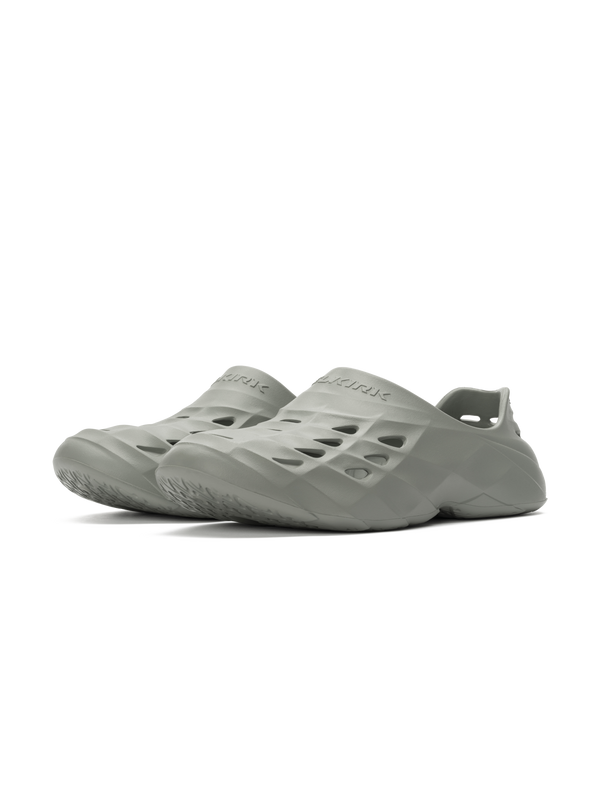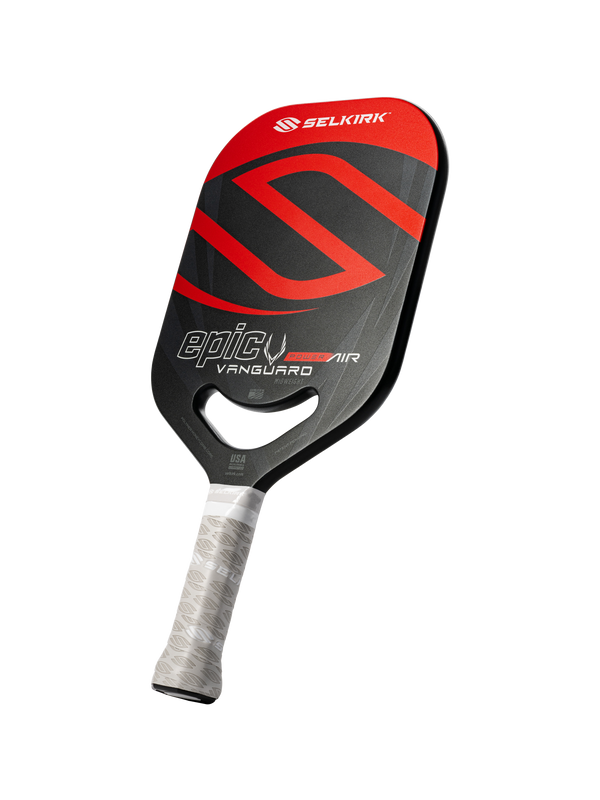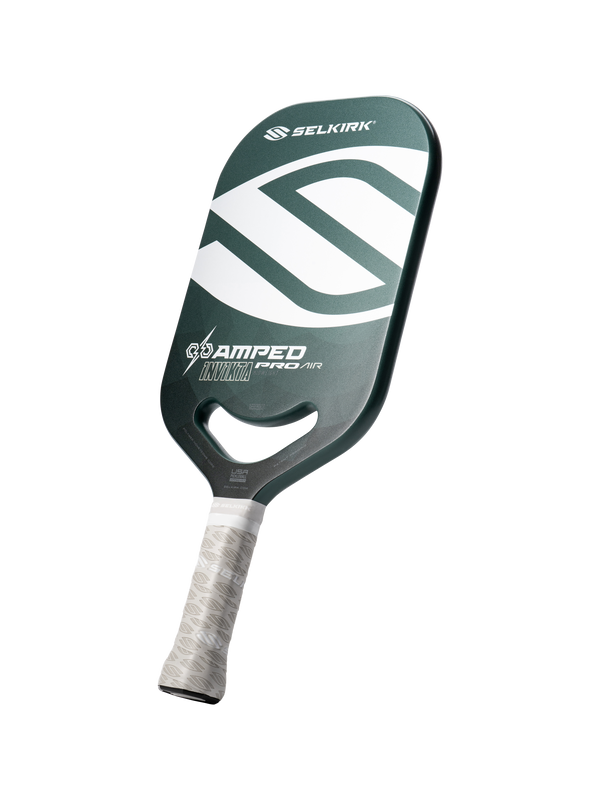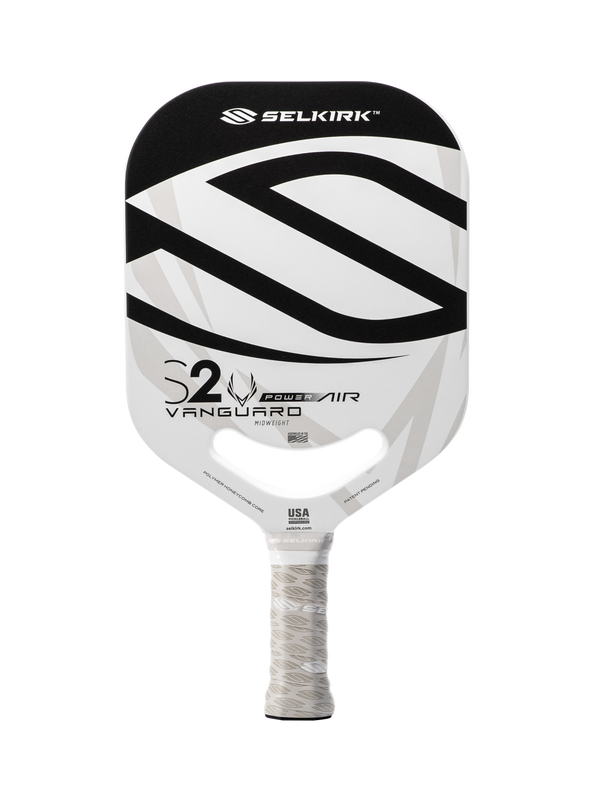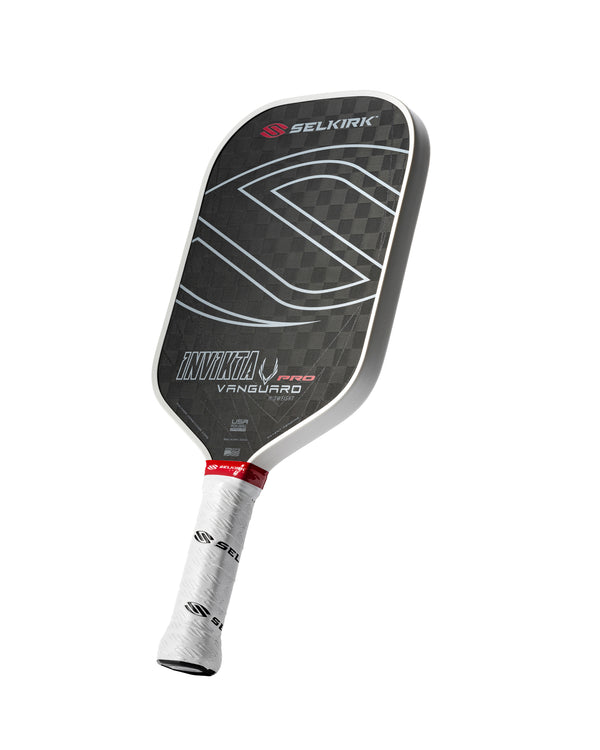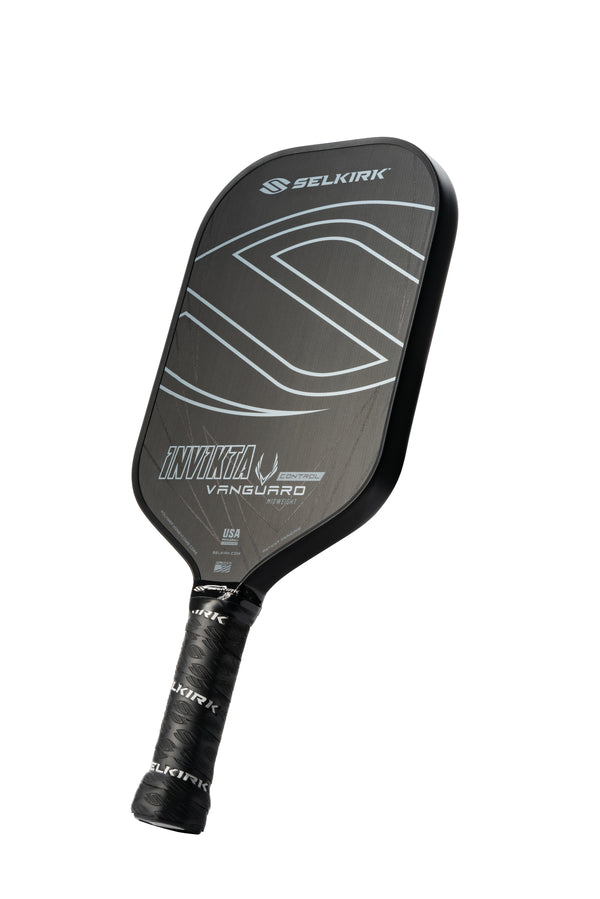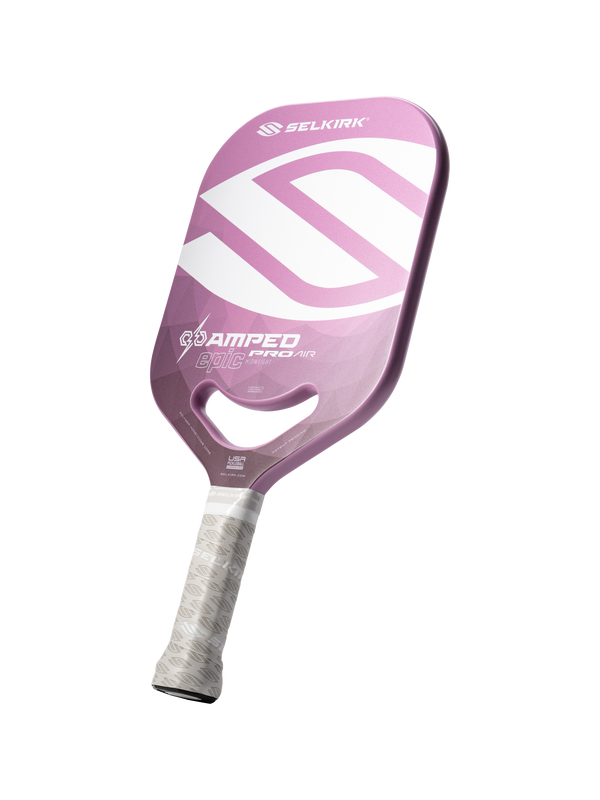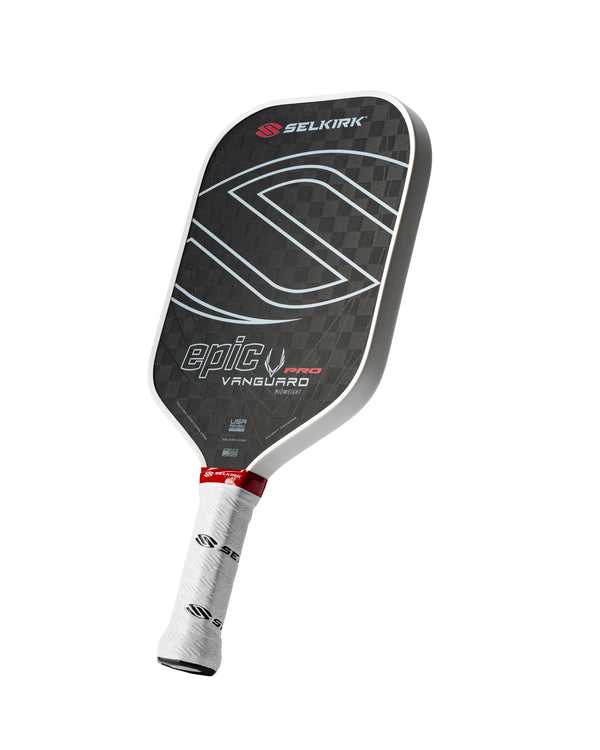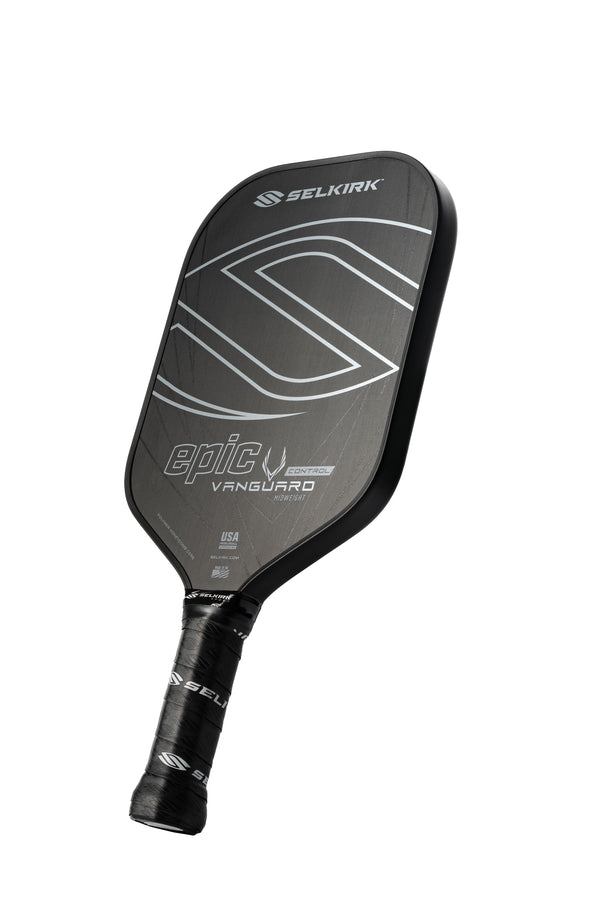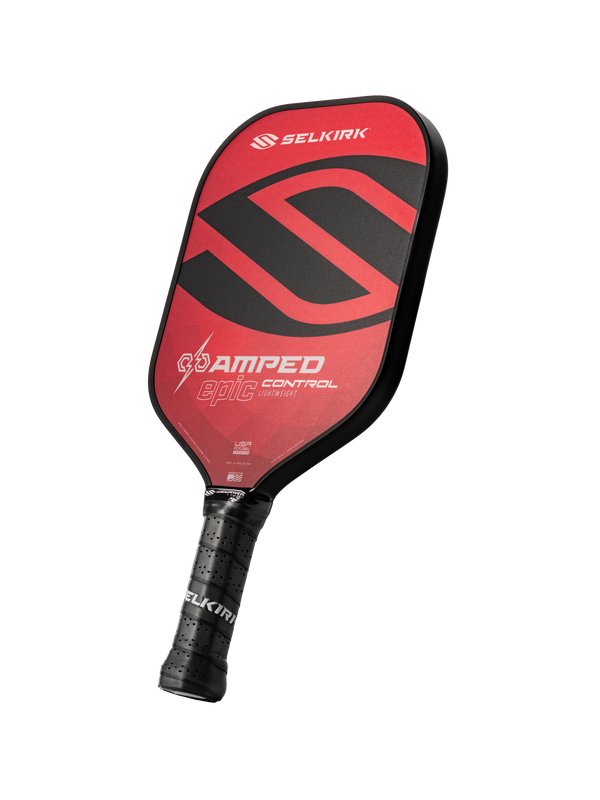As more people grab a pickleball paddle, aspects of the game continue to evolve — including the rulebook. USA Pickleball puts out an official rulebook each year that governs what is considered legal and illegal during official events and recreational pickleball play.
View the 2025 USA Pickleball Rulebook here, opens in a new tab.
In 2024, USA Pickleball proposed a change to ban the volley serve — which ended up not being approved.
But could a similar rule still happen? Here’s what you need to know to better understand the volley serve:
- What is the pickleball volley serve?
- Why do some pickleball players prefer the drop serve?
- What is the reason for the proposed serve change?
- How does a pickleball rule change proposal become official?
- What impact would a serve rule change have on pickleball?
The controversy: Understanding the volley serve
Pickleball serves are a critical aspect of the game, setting the tone for each point. The volley serve, also known as the lob serve, involves hitting the ball out of the air before it bounces. This technique requires the server to hit the ball directly after dropping it from their hand, resulting in a faster, more aggressive serve that can be difficult for opponents to return.
Although most players — including professional pickleball players — use the volley serve, it has sparked debate within the pickleball community because players continue to push the limits of the volley serve.
The alternative: Exploring the drop serve
Enter the drop serve. This technique, which has gained traction in recent years, involves dropping the ball from a low height (at or near waist level) and hitting it after it bounces once.
The drop serve is more suited to beginner and intermediate players who want to ensure their serve is successful. It’s also favored by those who believe it promotes fairness and a level playing field, as it gives the receiving team more time to anticipate and return the serve.

The rationale: Why should the bounce serve become the only legal pickleball serve?
The proposal to make the volley serve illegal stems from concerns about fairness, consistency, and sportsmanship. The proposal argues that players continue to push the limits of the existing rulebook to gain an edge over their opponents.
This is not the first time that players have requested the volley serve be banned.
Advocates of the change argue that it’s getting harder to determine whether a player’s volley serve is legal and that the volley serve provides an undue advantage to skilled servers and disrupts the balance of the game.
The proposal states that “drop serves are a legitimate and suitable alternative, with well-defined and easily observed restrictions.”
How a pickleball rule change proposal becomes official
The process of changing a rule in the USA Pickleball rulebook is rigorous. After a proposal is submitted, any member of USA Pickleball will have the chance to leave a public comment on it.
The USA Pickleball Rules Committee then meets to review the proposed rule changes and all public comments on each rule. The committee votes to accept or reject the proposed change.
The results of the committee’s votes will be sent to the USA Pickleball Board of Directors for final approval on or before September 31 of each year. If the board approves the rule change, it is published in the new rulebook by December 1 and goes into effect on January 1 of the following year.
As there are many steps to approval — including determining how the rule would impact how pickleball is played — most proposed rule changes are rejected throughout the process.
What the rule change would mean for pickleball serves
This is not the first time a rule change has been proposed surrounding pickleball serves. In 2023, the spin serve was made illegal.
If the proposed rule change is approved and the volley serve is made illegal, it would mark a significant shift in how serves are executed in the game. Players would need to adapt their strategies to accommodate the drop serve. This change could lead to longer rallies, increased emphasis on positioning, and less focus on power.
The potential rule change is generating buzz among the pickleball community. Because it would greatly impact play at all levels, particularly among the pro tours, there is a tough road to approval. Once again, USA Pickleball has chosen not to ban the volley serve, so it's safe for at least another year.
View the 2025 USA Pickleball Rulebook here, opens in a new tab.



